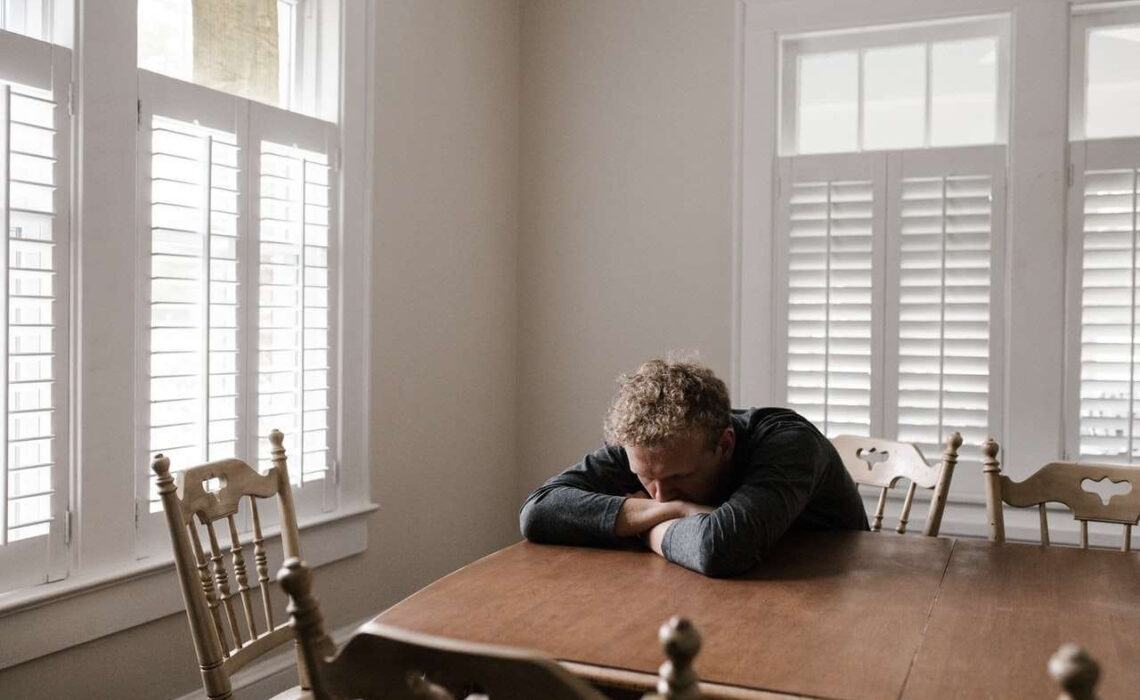Whether it is the fault of a global pandemic or simply growing up and growing apart, it can be sad and confusing to lose contact with a loved one. Instead of jumping to conclusions, try to empathize with what this person might be going through, and consider that they could be struggling with their mental health.
If you have noticed that their behavior is at odds with how they normally acted before you lost touch, they may be struggling with their mental health. Consider asking them directly instead of speculating, so you are better equipped to help them.
Continue reading for advice on how to recognize if someone is struggling with their mental health. Never let your support for others prevent you from also taking care of yourself; consider practicing mindfulness for your own mental health during this time.
For some people, professional support through therapy may be the best course of action for your loved one and possibly even yourself, in order to better understand mental health.
1. Identifying mental health struggles
Each person exhibits different physical and cognitive signs that they are struggling with their mental health. You can try to see if they are going through a rough patch by thinking back to their current behavior and comparing it to their present self.
Through this comparison, you may notice a few warning signs that your loved one is struggling with mental health. These signs may include:
-
- Excessive worrying or fear
- Feelings of hopelessness, restlessness, and irritability
- Distancing oneself from friends and family
- Change in eating and sleeping habits
- Trouble concentrating on important matters
- Prolonged feelings of anger
2. Trying to help
For many people who may be experiencing struggling with their mental health, it is important to be supportive by showing them that you are not going anywhere and that you are willing to listen.
Try reaching out to your loved one through calls, messages, video chats, or meet in person while following any necessary safety procedures. After meeting with them, ask them about their feelings.
If they decide to open up to you, there are a few options available to you. First, try learning more about their symptoms. If they are struggling with an anxiety disorder, perform some light research. By showing that you are willing to learn more about a loved one’s mental health, they may realize that you are making genuine attempts at helping them. Your loved ones may respond by trusting you more and making sure that they do not lose contact with you.
Depending on your relationship, you may consider asking them if they want to explore treatment options. The decision to see a therapist or doctor is entirely up to your loved one. Support instead of shame is key. By exercising patience, encouraging support when needed, and being there for them, both you and your loved one will persevere.
3. Caring for the caregiver

Do not forget about your own mental health while helping a loved one. If you cannot take care of yourself, you may not be in a situation to help your loved one go through their recovery process. As such, remember to take a few moments every day to relax and don’t abandon your own passions.
Furthermore, seek support from friends and family. Talk to them about your day and express yourself honestly. Most importantly, choose people who you trust with your emotions. They do not have to say anything in response to your feelings. So long as they are there for you, then you are in a safe space.
Being there for your loved ones while they are struggling with their mental health can be a difficult time for both you and them. Trying one’s best is all you can ask of a loved one as well as yourself, and if you put in the effort to keep in contact and stay supportive, your relationship will likely improve.
- How To Create A Safe And Comfortable Home Environment For In-Home Care In Boca Raton? - July 16, 2024
- 10 Trendy Black Nail Ideas To Elevate Your Nail Game - May 6, 2024
- Getting A Free Divorce In Virginia? Here’s What To Expect - April 24, 2024













No Comments